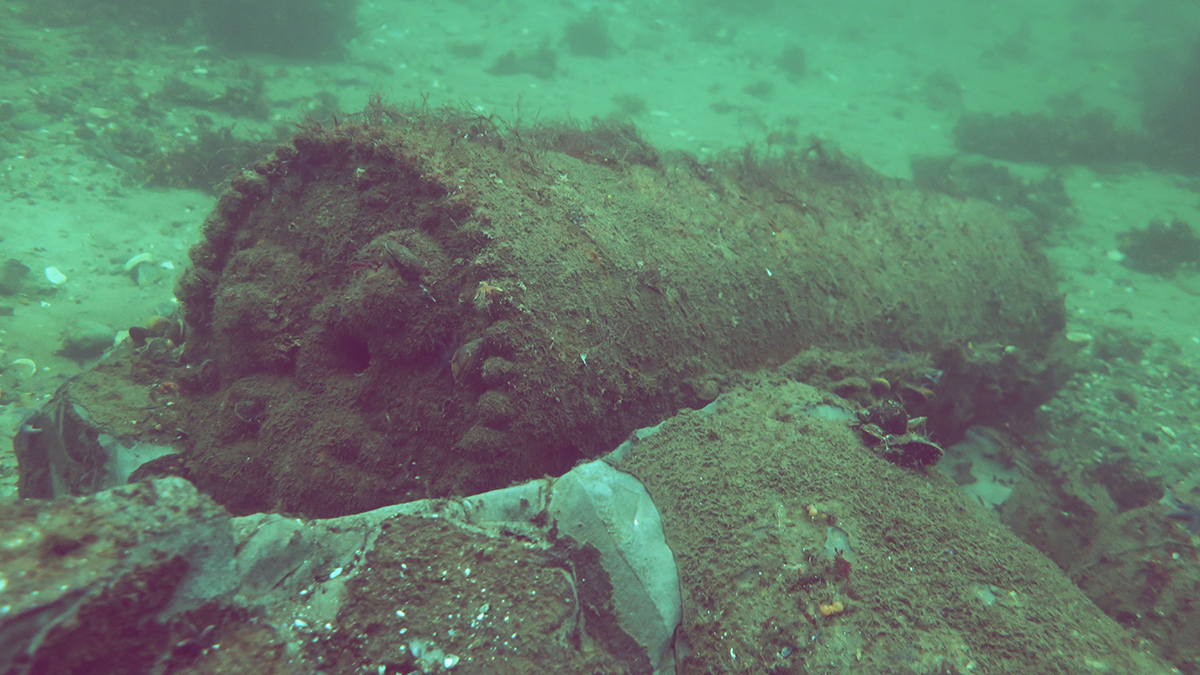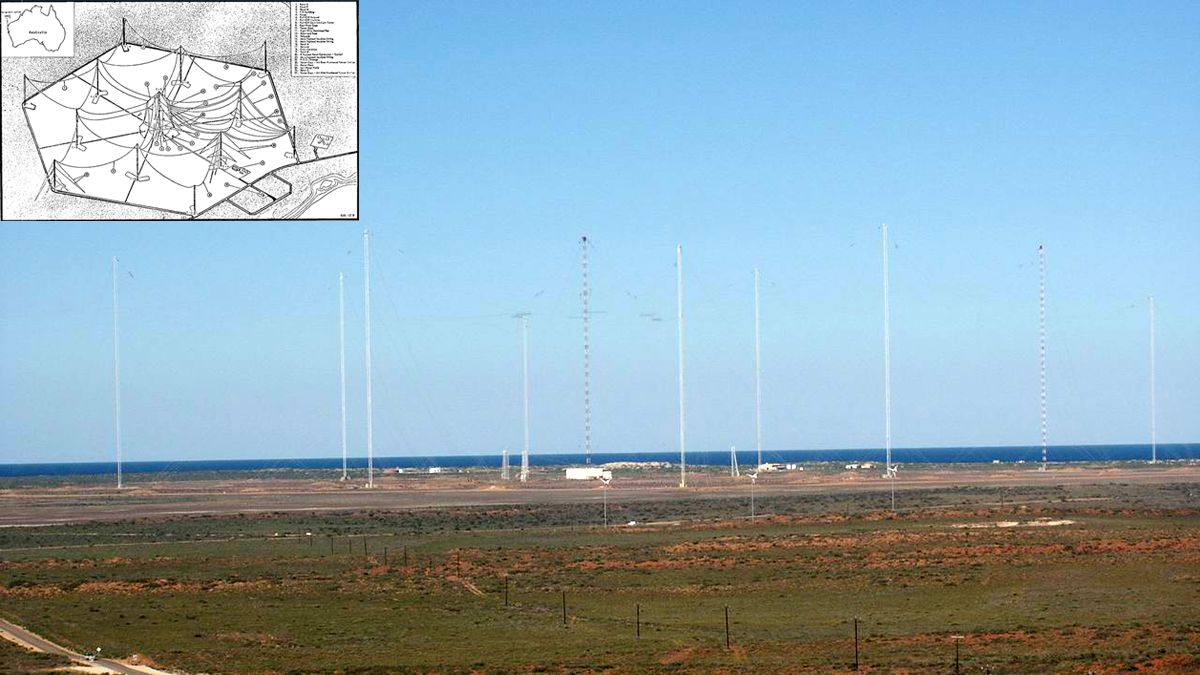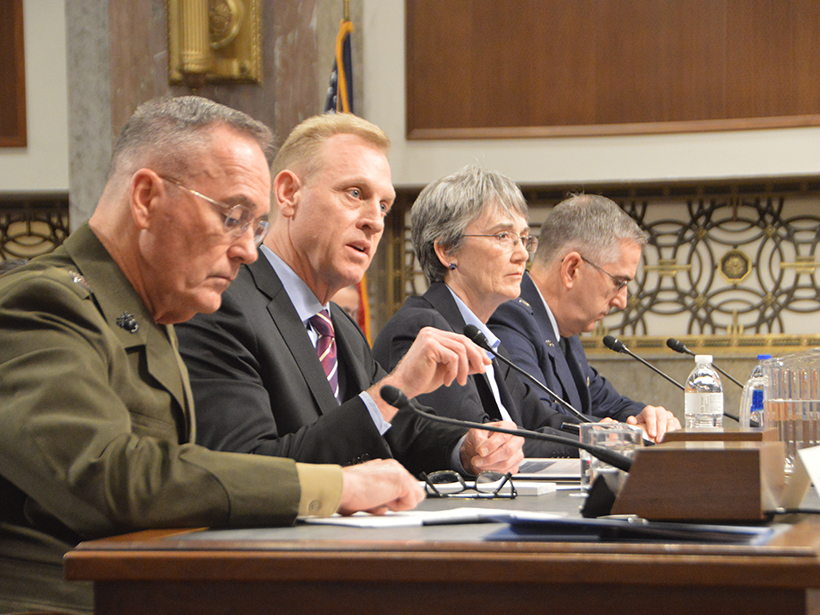Five ways dismantling NCAR will cost the American people, and two ways to save it.
military
WWII Ordnance Is Polluting the Baltic Sea
Discarded explosives were dumped into the Baltic and North seas after World War II. Their deadly legacy is still with us.
Ground-based Transmitters Cause Radiation Belt Electron Loss
A U.S. Navy transmitter in Australia produces wisps of electron loss as observed by the Colorado Inner Radiation Belt Experiment (CIRBE) CubeSat in Low Earth Orbit.
Cerrando la brecha entre las geociencias y la seguridad nacional
La comunidad de geociencias y las agencias de seguridad nacional necesitan una comunicación efectiva y bidireccional para intercambiar información.
Bridging Gaps Between the Geosciences and National Security
The geoscience community and national security agencies need effective, two-way communication to exchange information.
Oceanic Cacophony
The ocean is a pretty loud place, and anthropogenic noise is adding another layer to the soundscape.
Crowdsourced Science Pulls Off a Daring WWII Data Rescue
Newly declassified documents are making wartime weather observations in the Pacific Theater more robust, and could improve climate models today.
Earth’s Orbit Is About to Get More Crowded
The military is launching a fleet of small, interconnected satellites to collect data, track missiles, and aim weapons.
Heating Up the Hot Spots
Climate change is affecting American military operations and infrastructure—and could have security implications across the globe.
Space Force Proposal Hits Counterforce in Senate Hearing
Senators agree that the United States needs to be better prepared to defend itself in the space domain, but they are skeptical about a proposed dedicated space force.










